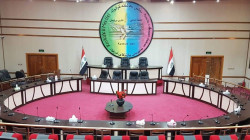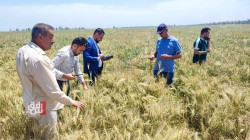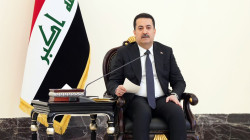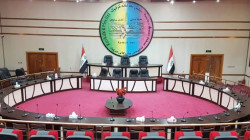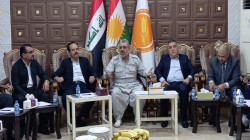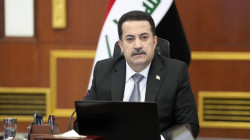KDP leader reveals recommendations for Kirkuk Provincial Council post-Eid al-Adha session
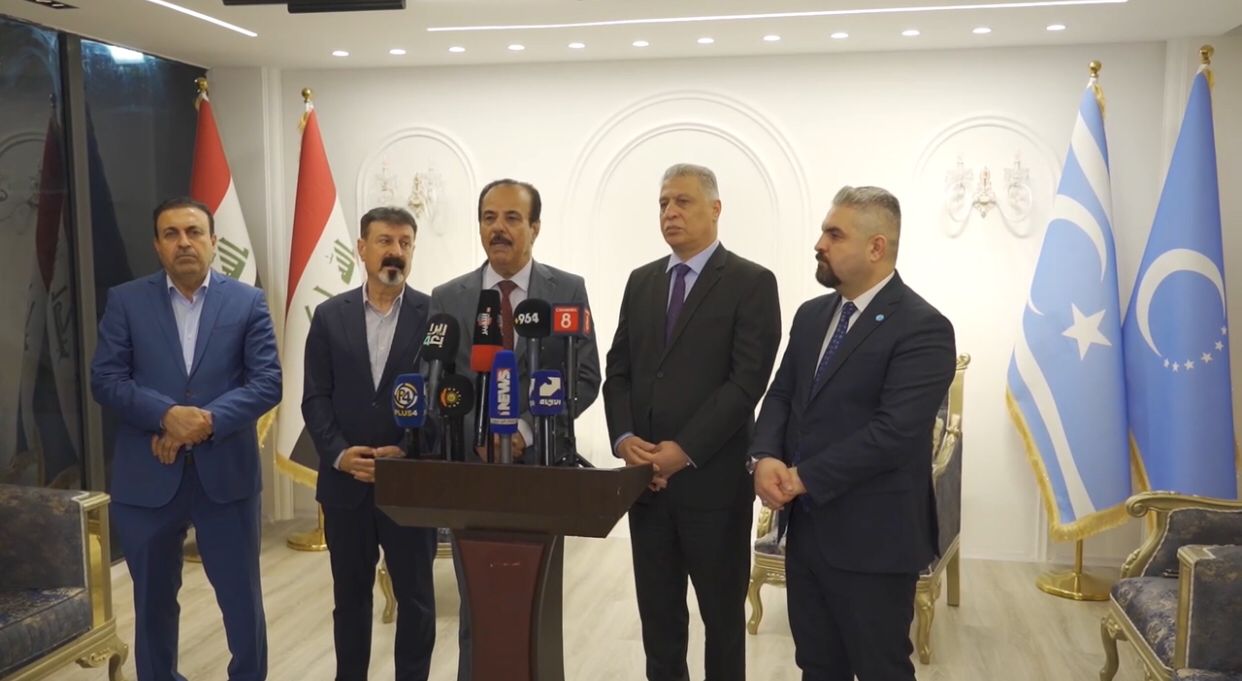
Shafaq News / Mohammed Kamal, a leader of the Kurdistan Democratic Party (KDP) in Kirkuk, disclosed on Sunday that Prime Minister Mohammed Shia Al-Sudani has recommended that the Kirkuk Provincial Council convene after the Eid al-Adha holiday.
Kamal stated, "Our visit to MP Arshad al-Salihi is part of our efforts to engage with a respected parliamentary and Kirkuk figure. We are working together to rescue Kirkuk from the absence of the council and legitimacy. Kirkuk needs a functioning council with active members."
Kamal added, "The recommendations from Prime Minister Al-Sudani are for the Kirkuk Council to resume its duties after Eid al-Adha. The KDP will support the members of the council in reactivating its functions and providing services to all the components of the governorate."
Earlier on Sunday, the Patriotic Union of Kurdistan (PUK) bloc in the Kirkuk Provincial Council expressed its agreement to rotate the governorship for two years, indicating that they are awaiting a session with the Prime Minister to discuss the matter.
For over five months, the winning blocs in the Kirkuk Provincial Council elections have struggled to agree on a unified proposal to form the local government, with each bloc insisting on the governorship position. The proposal to rotate the governorship among the Kurds, Arabs, and Turkmen remains a topic of ongoing discussions, awaiting a third unspecified session date from Al-Sudani.
It is anticipated that several high-ranking administrative positions in Kirkuk will be redistributed among the governorate's components. Currently, most of these positions, including the council president and vice president, governor and his deputies, administrators of four districts, and directors of 16 sub-districts, are held in an acting capacity.
Kirkuk held its first elections since 2005 on December 18, 2023. The Kurds secured seven seats, divided as follows: five for the PUK, two for the KDP, and one quota seat, totaling eight seats. Conversely, Arabs won six seats: three for the Arab Coalition, two for the Leadership Coalition, and one for the Orouba Coalition. The United Iraqi Turkmen Front obtained two seats.
The electoral impasse, resulting from an equal number of seats among the Kurds, Arabs, and Turkmen (8-8), has prevented any party from forming the local government.
